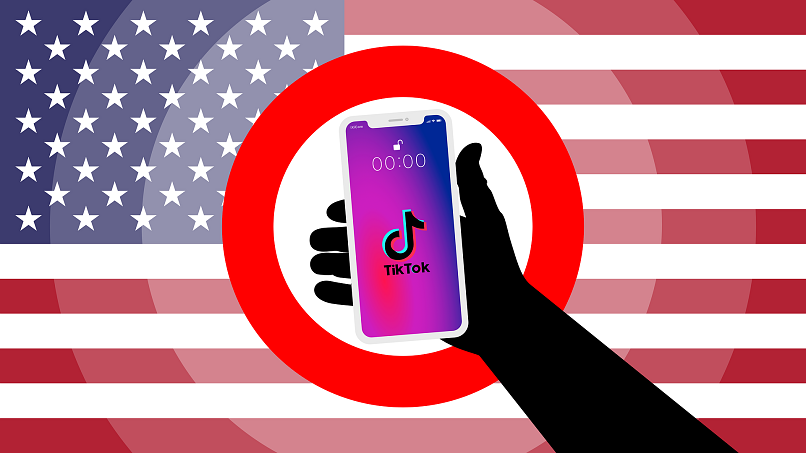TikTok CEO to Appear Before Congress in March

TikTok’s CEO, Shou Zi Chew, is expected to appear before the House Energy and Commerce Committee on March 23. In their first appearance before the Congressional Committee, the TikTok chief will likely testify to privacy concerns, the impact of the service on key demographics, and ties to the Chinese Government.
The announcement came from Committee Chair Cathy McMorris Rodgers, who stated that “TikTok has knowingly allowed the ability for the Chinese Communist Party to access American user data.” The hearing is part of a growing scrutiny by US lawmakers into Big Tech and their data collection practices, labeled by Cathy McMorris Rodgers as a “destructive force in American society”.
According to The Wall Street Journal, ByteDance-owned TikTok rebutted the accusations by the Republican lawmaker. The company claims there is “no truth to the Rep. McMorris Rodgers’ claim that TikTok has made U.S. user data available to the Chinese Communist Party”.
However, TikTok insiders from the Los Angeles subsidiary company alleged that Beijing-based ByteDance keeps tight control over their operations, and also has access to American user data. Cybersecurity experts worry that ByteDance could be forced to overturn this sensitive data to the Chinese government if requested.
Jim Lewis, senior vice president and director at the Center for Strategic & International Studies, a foreign affairs think tank, stated “ByteDance is a Chinese company, and they’re subject to Chinese national law, which says that whenever the government asks for the data a company is holding for whatever reason, the company must turn it over. They have no right to appeal”.
A TikTok spokesperson said the company “welcomes the opportunity to set the record straight about TikTok, ByteDance, and the national security commitments.” The social media app, with more than 100 million users in the United States alone, defended its position, stating that “under the proposal, we have devised with our country’s top national security agencies through CFIUS, that kind of data sharing — or any other form of foreign influence over the TikTok platform in the United States — would not be possible.”
After pressing the Biden administration on having cold feet over the issue, Republicans have wasted no time putting the Chinese video-sharing giant on the coals. More than 20 States have already banned TikTok on government-owned devices, highlighting the aforementioned data and national security concerns.


Please, comment on how to improve this article. Your feedback matters!